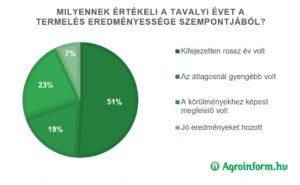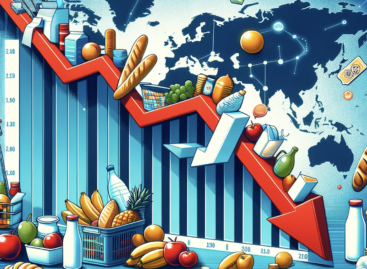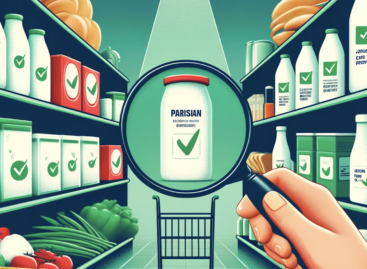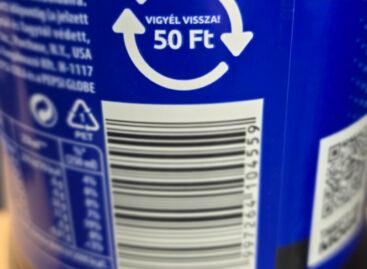Nine out of ten farmers are sensitively affected by the development of purchase prices
Today, an average farmer is most afraid of the development of purchase prices, the increase in costs related to production, and the perceived difficulties of the administration related to the new support system – according to the Agroinform.hu survey entitled AgroFeeling 2023, aimed at the mood and plans of farmers.

In the past year, most players in agriculture had to face many serious difficulties, just think of the extreme drought, the anomalies in the crop market, and the increase in the price of input materials. Of course, all of this affects the mood of agricultural producers, which Agroinform.hu’s latest research aimed to assess. The results were based on the responses of several hundred, mostly (77%) small farmers with less than 150 hectares.
In terms of the effectiveness of agricultural production, 51 percent of the respondents considered the year 2022 to be particularly bad, and another 19 percent considered it to be worse than average
At the same time, 30 percent expressed satisfaction with last year’s results. At the same time, among those who had negative experiences, only 6 percent said that they will make radical changes or give up farming this year, 19 percent will hold back, while 75 will continue their activities as usual. Last year’s extraordinary circumstances affect this year’s performance in many ways. For example, someone who bought the required amount of fertilizer last year out of caution may start this year under extremely different conditions, compared to someone who was able to purchase this input material at half the price this spring. With regard to wheat, for example, at the current purchase price of HUF 60,000/ton, according to 51 percent of the respondents, an exceptional yield of over 7 tons per hectare on average should be achieved in order to at least break even despite the high costs. (the average yield of wheat in recent years was usually in the range of 5-6 t/ha, last year it was only 4.2 t/ha due to the drought.)
What do producers consider the biggest challenge?
According to the respondents of the survey, by far the biggest challenge is the development of purchase prices, 87 percent of them marked this as a real difficulty affecting their management. The increase in costs (increasing prices of machines and input materials) is a problem for 48 percent. The unpredictable weather is a serious challenge for 40 percent, that is, there are more people, 45 percent, who are afraid of the new support system. Regarding the new support system, most of them, 35 percent, expressed their fear that they expect increasing administrative burdens, which they may not be able to meet. 30 percent of the respondents fear that the new system will offer better opportunities for larger farmers. For the time being, 21 percent do not even understand what regulations they will have to comply with in relation to conditionality and the Agrarian-Ecological Program (AÖP).
There is great interest in the AÖP
Despite the above fears, approximately three quarters of the respondents indicated that they would participate in the AÖP. In the part of this program concerning arable crops, commitments worth at least two points must be made so that the given farmer meets the conditions. Here, the respondents mentioned the use of microbiological preparations in the largest proportion, 35 percent (2 points), but with a significant weight, over 10 percent, no-rotation soil cultivation (2 points), the use of soil/plant conditioners (1 point), and prohibition of the use of substances dangerous to bees (1 point).
Related news
The foreign trade balance of fresh spinach was negative in 2023
In Hungary, spinach is one of the earliest outdoor vegetables. According…
Read more >Agrometeorology: more precipitation may fall in Transdanubia, but it will hardly rain in many places in Tiszántúl
Showers will irrigate first the southwestern and then the northeastern…
Read more >In alliance with agriculture: MBH Bank responds to the challenges of the market together with professional organizations
MBH Bank has signed a cooperation agreement with the Association…
Read more >Related news
OECD: Food price inflation fell sharply in most countries
The Paris-based Organization for Economic Cooperation and Development, the OECD,…
Read more >Nébih experts examined the cheapest foods
In order to protect consumers, the National Food Chain Safety…
Read more >Szentkirályi Magyarország’s deposit-fee PET bottles are already on store shelves
Szentkirályi Hungary was one of the first to start the…
Read more >







